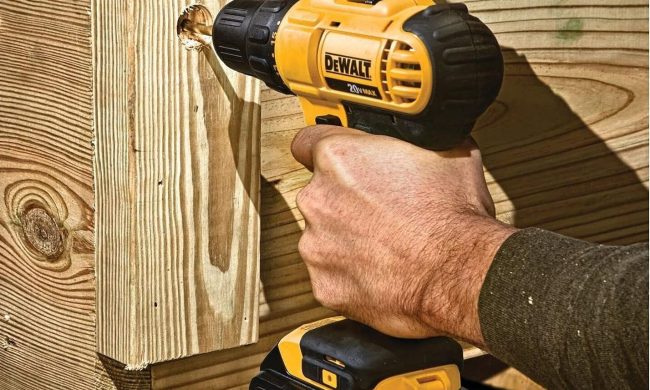Solar panels are a great addition to any home, but it takes a bit of work to find the right ones. You’ll need to consider whether you’ll be off-grid, how much sun you’re anticipating, your total home energy needs, and how much battery storage you’ll want. With the right solar panels, you’ll be able to efficiently capture sunlight and keep your home humming with renewable energy.
We’re sorting through these panels based on warranty, cost per watt, efficiency, and temperature coefficient.
Further reading
LG NeON 2
LG is widely regarded as one of the best solar manufacturers there is, and it’s easy to see why. The efficiency of their panels can break 21%, while others hover closer to 16%. The bifacial layout allows these panels to soak up indirect light from their underside, which helps you maximize your power input on overcast days. It’s especially useful in snowing conditions where the top of the panel may be covered, but the snow is still reflecting a bunch of light underneath. The 25-year warranty gives you peace of mind that once installed, they’ll last for the long haul.
REC Solar Alpha
REC Solar is well-known for the robust testing of its solar panels, and as such has developed a reputation for reliability. The frame of the Alpha series panel can support loads of up to 7,000 Pa, and maintain a guaranteed 92% power output in its 25th year of usage. REC has eliminated soldering, which can degrade over time and cut connections, while increasing the wire count through the panels to improve electrical flow.
Panasonic EverVolt
Panasonic has made a name for itself in solar panels thanks to high temperature coefficients. This means its panels can keep operating at peak efficiency even in higher temperatures which could affect performance. While many solar panel manufacturers have this coefficient as high as -0.5%, Panasonic can get up to -0.26%. Panasonic solar panels generally enjoy efficiency rates between 19% and 20%, and this 380W EverVolt model goes up to 21.7%. EverVolt solar panels play nice with Panasonic’s energy storage solution and companion mobile app, providing a seamless transition from the sun beating down on your roof to charging your phone.
SunPower Equinox A-Series
SunPower gives other solar panel options a run for their money when it comes to efficiency. It offers panels that can reach up to 22.7% efficiency, which makes them a great choice when you have limited room. SunPower offers the whole end-to-end experience including installation, battery storage, and a mobile app to manage the system once it’s all set up. The company takes particular pride in its mounting solution which minimizes the visibility of cabling.
Canadian Solar HiHero
Canadian Solar provides high-quality solar panels at very reasonable prices. You can expect to pay as little as $2.70 per watt. Canadian Solar’s latest offering provides highly competitive efficiency and temperature coefficient rates to other leaders in the solar space. It has also made efforts to minimize the effects of microfractures in the panel which can otherwise put a dent into performance.
Solar panel shopping tips
What is the longest-lasting solar panel?
Many solar panel warranties last for 25 years, and are expected to last well beyond that timeframe. Even after 20 years of use, you can expect solar panels to continue to operate at 90% of their starting output.
How many solar panels are needed to run a house?
The number of solar panels needed in a home will vary depending on its location, energy usage, and the solar panels used. Assuming average use and capacity, you can expect to need between 25 and 30 panels to keep your home completely powered by solar.
How many solar panels are needed to power a room?
In addition to the factors mentioned previously, figuring out the power usage per room will vary based on the room type. You could estimate that it would take between seven and eight solar panels to power a single room on average.
Do you really save money with solar panels?
Solar panels absolutely save you money in the long run. Depending on electricity prices and your solar set-up, solar panels can effectively pay for themselves after between five and ten years.
That should provide a baseline of options to work with when building out a solar array that can keep your smart home working worry-free. Solar panels are a long-term investment, but it’s a great move for the environment and one that will ultimately pay off.



